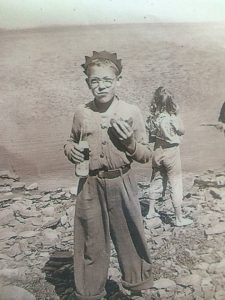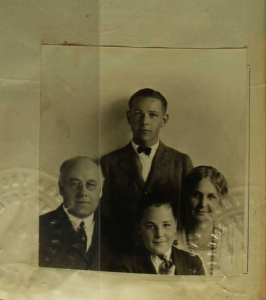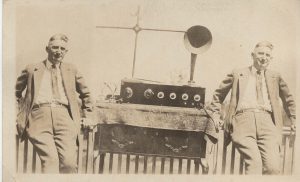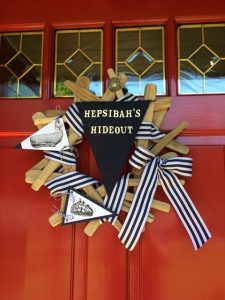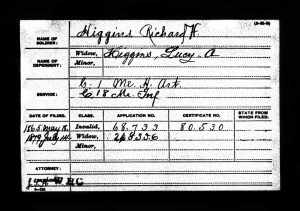[Editor’s note: This blog post originally appeared in Vita Brevis on 22 April 2016.]
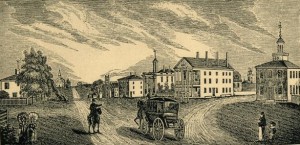
Genealogists and historians of Massachusetts are indebted to the works of nineteenth-century antiquarians: that is, compilers or collectors of historical information and antiquities. The works of several antiquarians – including John Warner Barber, Samuel Gardner Drake, and John Haven Dexter – have become crucial reference works in the study of Massachusetts genealogy. Knowing what these sources contain, along with their respective shortcomings, can be helpful when researching your Massachusetts ancestors. Continue reading ICYMI: Thank an antiquarian
